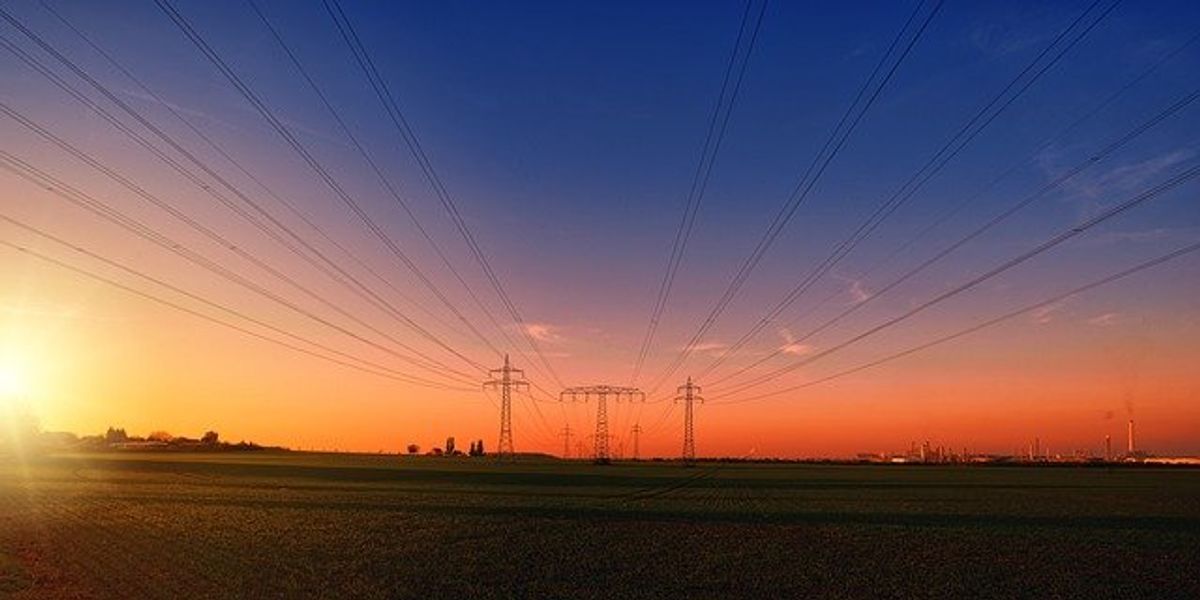
Supreme Court limits federal agencies' regulatory authority by overturning Chevron decision
The Supreme Court has overturned a 40-year-old precedent that allowed federal agencies broad regulatory powers, including on a range of environmental issues.
Melissa Quinn reports for CBS News.
In short:
- The Supreme Court's conservative majority ruled to overturn the 1984 Chevron v. Natural Resources Defense Council decision.
- The ruling limits federal agencies' power to interpret laws without explicit congressional authorization.
- Chief Justice John Roberts wrote for the court that the decision would not apply retroactively to prior cases.
- However, in their dissent, Justices Kagan, Sonia Sotomayor and Ketanji Brown Jackson warned of the consequences of increased judicial control over regulatory matters, and potential new challenges to longstanding agency interpretations.
Key quote:
"What actions can be taken to address climate change or other environmental challenges? What will the nation's health-care system look like in the coming decades? Or the financial or transportation systems? What rules are going to constrain the development of A.I.? In every sphere of current or future federal regulation, expect courts from now on to play a commanding role."
- Supreme Court Justice Elena Kagan
Why this matters:
This decision could significantly impact the ability of federal agencies to regulate critical areas such as the environment, health care and workplace safety. The shift in judicial power may lead to more legal challenges and uncertainty in regulatory processes. Here's a look at some other consequential rulings the Supreme Court has made in the past year on environmental issues.














